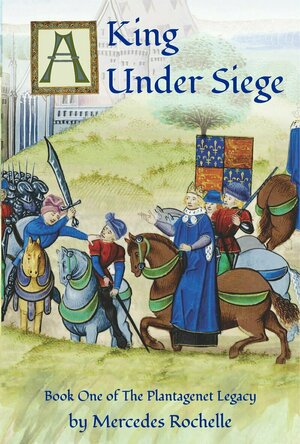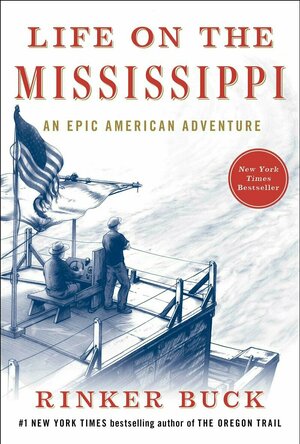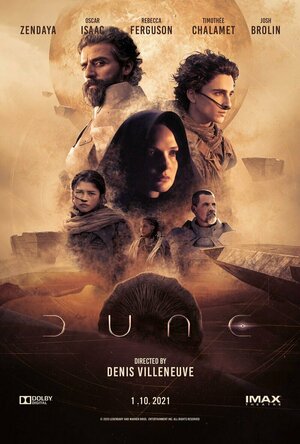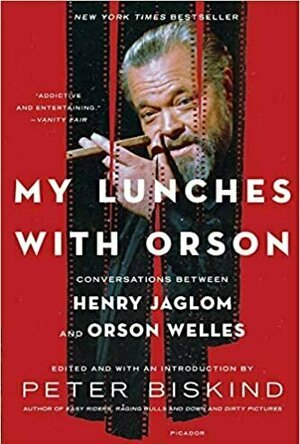
My Lunches with Orson: Conversations between Henry Jaglom and Orson Welles
Book
BASED ON LONG-LOST RECORDINGS, A SET OF RIVETING AND REVEALING CONVERSATIONS WITH AMERICA'S GREAT...

Indian Newspapers Plus (India News+ by sunflowerapps)
News
App
Indian Newspapers Plus: The best selling news apps in UK, Germany is now available in India. ...
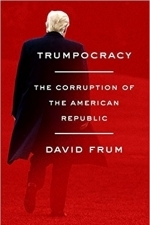
Trumpocracy: The Corruption of the American Republic
Book
As the President of the United States, Donald Trump continually voices admiration for brutal...
politics

DCePaper for iPhone
News and Magazines & Newspapers
App
DCePaperiPhone Application Deccan Chronicle - the largest circulated English daily in south India -...

Renovations (By Design #6)
Book
Governor Candace Reid has been in office for just over a month and things have only begun to get...
Lesbian Politics

Masterclass
Education
App
With the MasterClass mobile app, you can: ACCESS GENIUS ANYWHERE Build learning into your...
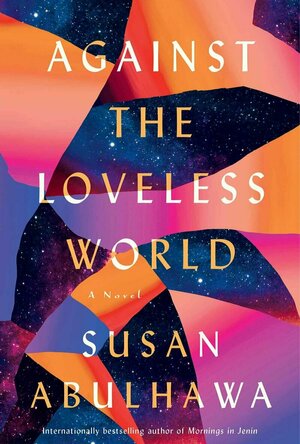
Against the Loveless World
Book
Nahr has been confined to the Cube: nine square metres of glossy grey cinderblock, devoid of time,...
Historical fiction Literary fiction War Palestinians Palestine
Merissa (13681 KP) rated A King Under Siege (The Plantagenet Legacy #1) in Books
Mar 10, 2022
Told as an amalgamation of fact and fiction, you get the story and history with comments and questions raised by an observer. It is clear that a lot of research has gone into this book.
Richard was the last of Plantagenet kings in the direct line and you see his relationship with Henry Bolingbroke -- the most direct descendant in the male line, as opposed to the then-heir presumptive -- as a fraught affair, with Henry not involving himself too deeply in the politics of the time, but having great impact upon Richard when he did.
This part of the story takes us through to 1388, ending with a hint of Richard regaining control in 1389.
A story that will definitely intrigue and interest lovers of both the Plantagenet era and the Tudor, as this shows the build-up to future events. Definitely recommended by me.
** same worded review will appear elsewhere **
* A copy of this book was provided to me with no requirements for a review. I voluntarily read this book, and the comments here are my honest opinion. *
Merissa
Archaeolibrarian - I Dig Good Books!
Mark @ Carstairs Considers (2470 KP) rated Life on the Mississippi in Books
Feb 22, 2023 (Updated Feb 22, 2023)
The idea of a trip like this appealed to me, so I sat down to read this with high hopes. Sadly, it wasn’t quite as good as I’d hoped it would be, mostly thanks for things the author put in he didn’t need to. There was more history than I was expecting; I was expecting more of a travelogue. That’s on me, although I did find much of this interesting if a little too long. However, I didn’t need all the biographical sketches about Rinker. I feel like some of that was his grieving process over having recently lost his mother. It would make for good reading, but in a different book. He also seemed to want to inject politics into the book where it didn’t need to be, and his attitude was very smug when this came up, even condescending at times. However, when he was actually describing the river and talking about what it took to navigate it, I was enthralled. I never thought about what it would take. The stories about some of the people he met along the way were good as well. The end result was a mixed bag.
David McK (3692 KP) rated Dune (2021) in Movies
Nov 17, 2021 (Updated Feb 25, 2024)
Indeed, if you've seen Blade Runner 2049 by the same director, you can easily spot the similarities in the compositions of several of the shots.
I must admit that, while I know of the sand worms, spice and that the novel leans heavily into the politics of the distant future, I've never actually got round to reading the novel. As such, I don't really know all that much what to expect: a bit like when I went to see the first Lord of the Rings films at the turn of the current millennium.
However, where the Fellowship of the Ring has the advantage over this is that the latter is quite self contained: even if The Two Towers (or The Return of the King) had never been made, the film would have stood on its own. This movie, by contrast, just abruptly ends: I think the last line of dialogue might even be something along the lines of 'This is just the beginning'.
It's also very dense, with a surreal dream like quality over large swathes of it: I also found that it takes it time to actually get going!
Still, I've since heard that the first part of the book on which it is based is the slower (and denser) part, so maybe the sequel will also pick up.
